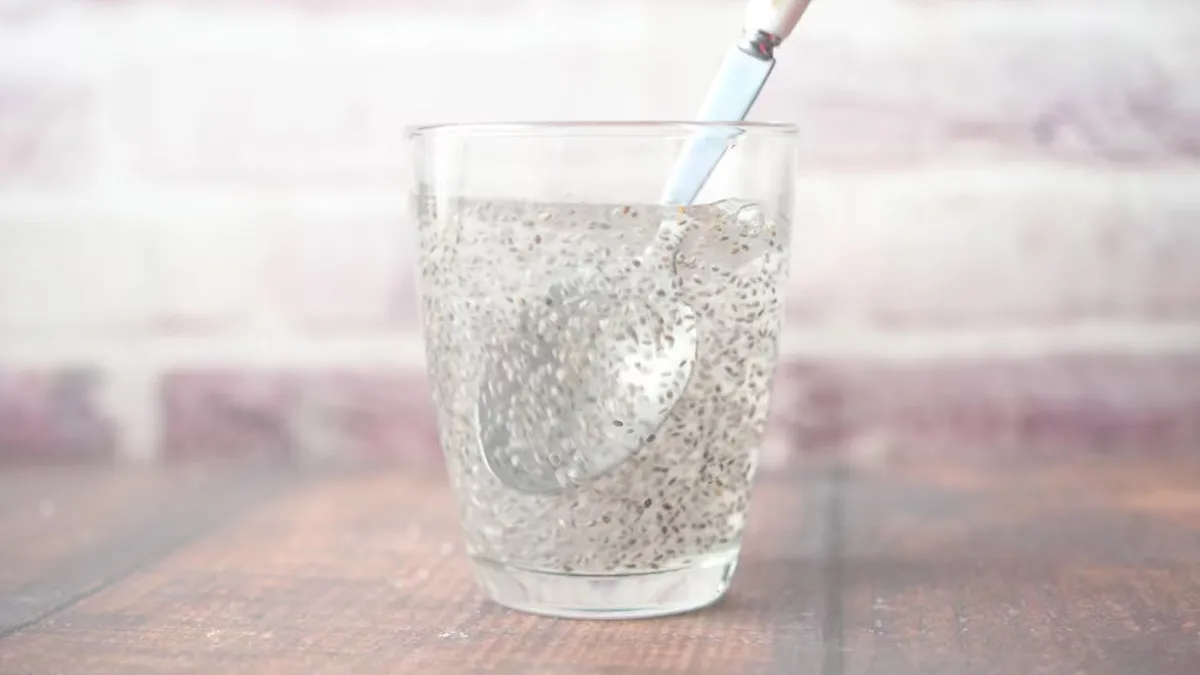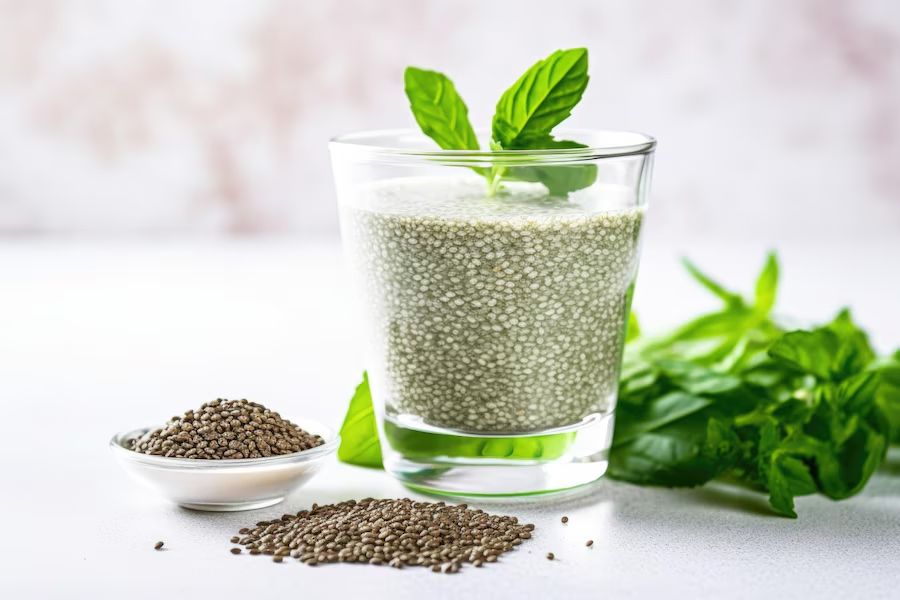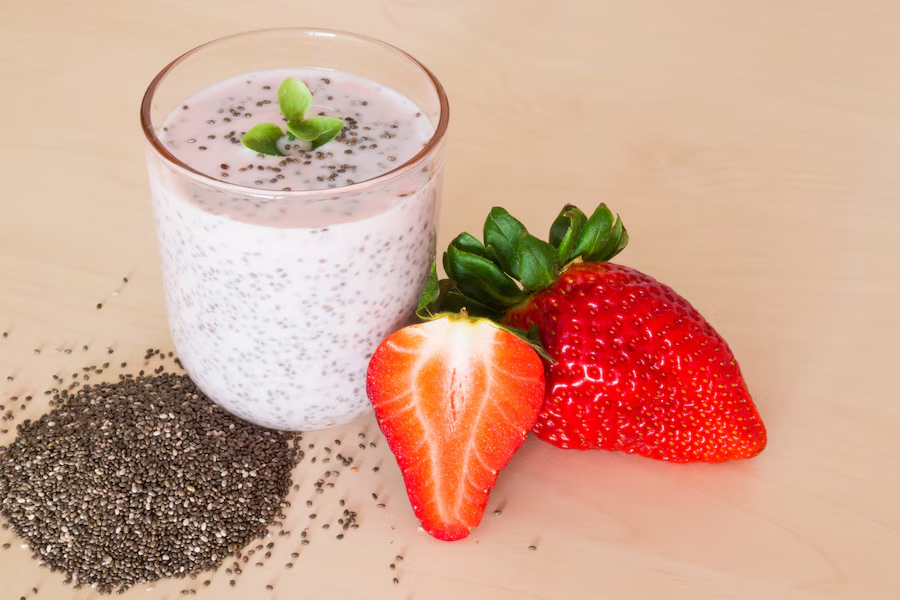
Chia seeds are often hailed as a superfood, packed with fibre, omega-3 fatty acids, protein, and a wealth of vitamins and minerals that can boost your health. But if you've ever wondered whether it's necessary to soak chia seeds before eating them, the answer depends on several factors, like your digestion, taste preferences, and overall health goals. We spoke to Dr Archana Batra, Dietician and Certified Diabetes Educator, who breaks down the reasons why soaking chia seeds might be a good idea and how it can impact your body.
Table of Content:-
Importance Of Soaking Chia Seeds Before Consumption
1. Digestibility

“Chia seeds have an abundance of fibre, particularly soluble fibre, which transforms into a gel-like material when it absorbs water. When chia seeds are soaked, this process is enhanced. The seeds expand and turn simpler to digest when soaked, which increases the capacity of the body to absorb the nutrients,” said Dr Batra.
According to a 2009 study, the absorption capacity of chia seeds is so remarkable that they can grow up to 12 times their original size when soaked.
When dried chia seeds are consumed without being soaked, they may absorb liquid in the stomach, which may end up causing bloating or even a choking hazard if not taken with sufficient fluids.
2. Hydration and Nutrient Absorption
Soaking chia seeds enhances their ability to absorb nutrients effectively. Liquid enables the seeds to soften, which accelerates their breakdown by digestive enzymes in the stomach. The hydration additionally helps in the digestion of nutrients because chia seeds are packed with fat-soluble omega-3 fatty acids. By soaking them, you can facilitate the absorption by the body of these healthy fats.
Also Read: What Are The Side Effects Of Eating Too Many Chia Seeds
3. Enhances Flavour and Texture

Many people observe that soaking chia seeds before eating them enhances both their taste and texture. Chia seeds can be added to smoothies and yoghurt, or used as a base for chia puddings since they develop a pudding-like consistency when soaked. Those who find the dried seeds too crunchy or unappealing may prefer this softer texture.
4. Dietary Versatility
“Although it's not completely necessary, soaking is recommended if you plan to use chia seeds in liquid-based recipes. To aid digestion, it's essential to drink lots of water if you like eating it dry, like sprinkled on salads or incorporated into granola,” added Dr Batra. However, soaking turns chia seeds into an excellent supplement to smoothies, overnight oats, and baked dishes where they may be used as an alternative to eggs.
Also Read: Here's How Drinking Chia Seed Water Can Do Wonders For Your Skin
5. Health Related Issues

The risk of bloating and discomfort can be minimised for those with fragile gastrointestinal systems, such as individuals with Irritable Bowel Syndrome (IBS), by soaking chia seeds. By slowing digestion and decreasing blood sugar spikes, the gel-like texture developed through soaking provides an extended supply of energy.
Bottomline
Dr Batra concluded, “Although it is not essential, soaking chia seeds before eating them enhances their digestibility, increases the digestion of nutrients, and makes them taste better. To avoid problems with digestion, make sure you drink sufficient amounts of water if you prefer them dry. The choice ultimately is contingent upon your eating habits and how you intend to incorporate chia seeds in your daily meals.”
[Disclaimer: This article contains information provided by an expert and is for informational purposes only. Hence, we advise you to consult your professional if you are dealing with any health issues to avoid complications.]
Also watch this video
How we keep this article up to date:
We work with experts and keep a close eye on the latest in health and wellness. Whenever there is a new research or helpful information, we update our articles with accurate and useful advice.
Current Version